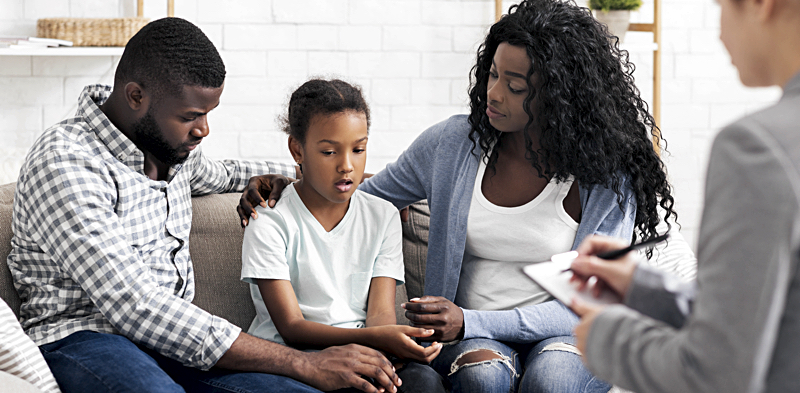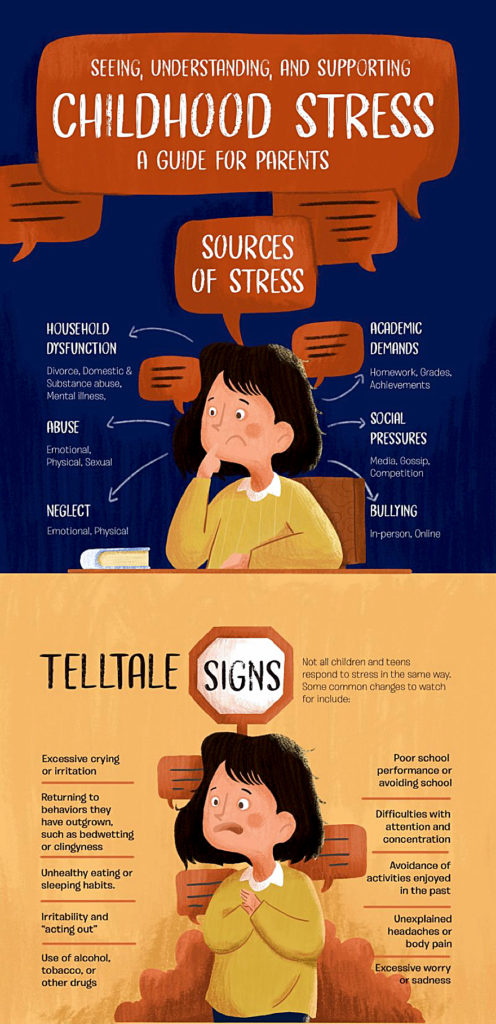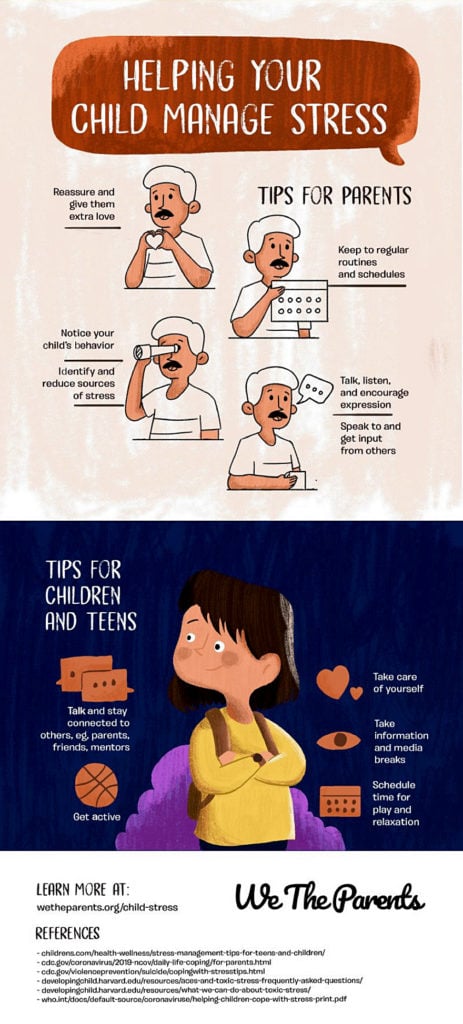
Oct 9, 2020 3:50:00 PM
by Neve Spicer
In a year like none other, going back to school—usually a well-established, streamlined process marked by ordered checklists and cheerful first-day photos—has been a long and chaotic road. Some children have had to learn to acclimate to virtual classes, facing the challenge of staying focused without the reprieve of social time with friends. Others yet are back in the classroom, trying to keep up with COVID-19 precautions and sensing troubling anxiety in the adults they rely on most.
This World Mental Health Day, taking place on October 10th, is the perfect time to check in with your kids about how they're handling this tumultuous time. The awareness event was created by the World Health Organization and is celebrated annually through mental health outreach and advocacy opportunities. [pullquote]Establishing a proactive attitude toward good mental health in your home can help your kids to better identify their own emotions[/pullquote], and can create an environment in which they feel comfortable opening up.

While most stress is normal, and can even be a positive part of new experiences, kids who are having a hard time coping with "normal" stressors like loss or a serious world event like COVID-19 may display external signs of stress, which parents should be aware of. It's also important to note that these signs can be an indication of toxic stress, which can occur when a child is facing instability, abuse, poverty, or neglect.
Let's face it—it's a rough time for everyone. Connecting with your kids and being aware of what's going on in their lives can play a tremendous role in helping them cope.

To find out more about World Mental Health Day, visit the campaign's website.
Neve Spicer is a mother of three, breastfeeding advocate, and chief editor at the website We The Parents, where a community of experts—mothers and fathers—share pragmatic, science-based advice and support for parents and professionals alike. Neve is a contributor to international publications such as NPN Parents, Breastfeeding Chicago, and Pediastaff.
Few issues in education spark more tension and debate than standardized testing. Are they a tool for equity or a burden on students? A necessary check on school systems or a flawed measure of...
Charter schools are public schools with a purpose. Operating independently from traditional school districts, they're tuition-free, open to all students, and publicly funded—but with more flexibility...
Despite the benefits of a diverse teaching force, prospective teachers of color fall out of our leaky preparation pipeline at every stage: preparation, hiring, induction, and retention. Here’s what...
Ed Post is the flagship website platform of brightbeam, a 501(c3) network of education activists and influencers demanding a better education and a brighter future for every child.
© 2020-2025 brightbeam. All rights reserved.
Leave a Comment